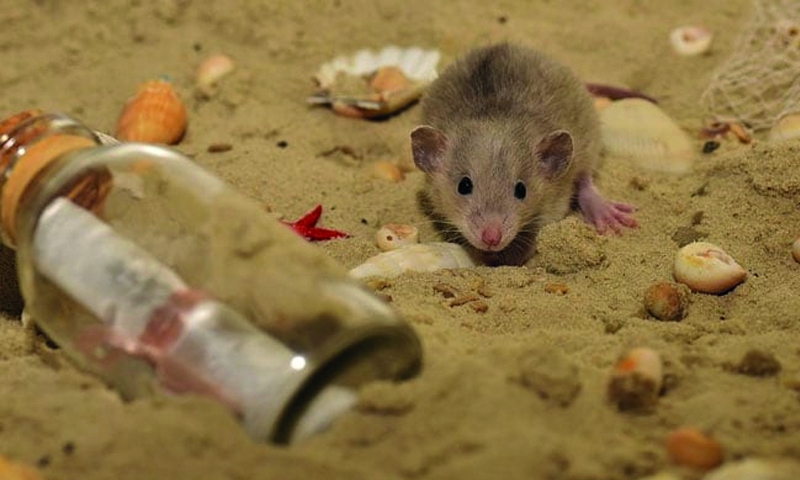Removing ‘zombie’ cells deters Alzheimer’s in mice
Paris : Eliminating dead-but-toxic cells occurring naturally in the brains of mice designed to mimic Alzheimer’s slowed neuron damage and memory loss associated with the disease, according to a study published Wednesday that could open a new front in the fight against dementia. The accumulation in the body of “zombie cells” that can no longer divide but still cause harm to other healthy cells, a process called senescence, is common to all mammals. Scientists have long known that these dead-beat cells gather in regions of the brain linked to old age diseases ranging from osteoarthritis and atherosclerosis to Parkinson’s and dementia.
Prior research had also shown that the elimination of senescent cells in ageing mice extended their healthy lifespan. But the new results, published in Nature, are the first to demonstrate a cause-and-effect link with a specific disease, Alzheimer’s, the scientists said. But any treatments that might emerge from the research are many years down the road, they cautioned. In experiments, a team led by Tyler Bussian of the Mayo Clinic in Rochester, Minnesota used mice genetically modified to produce the destructive, cobweb-like tangles of tau protein that form in the neurons of Alzheimer’s patients. The mice were also programmed to allow for the elimination of “zombie” cells in the same region.
“When senescent cells were removed, we found that the diseased animals retained the ability to form memories, and eliminated signs of inflammation,” said senior author Darren Baker, also from the Mayo Clinic. The mice likewise failed to develop Alzheimer’s signature protein “tangles”, and retained normal brain mass. A closer look revealed that the “zombies” belonged to a class of cells in the brain and spinal cord, called glia, that provide crucial support and insulation to neurons.
“Preventing the build-up of senescent glia can block the cognitive decline and neuro-degeneration normally experienced by these mice,” Jay Penney and Li-Huei Tsai, both from MIT, wrote in a comment, also in Nature. Bussian and his team duplicated the results with pharmaceuticals, suggesting that drugs could one day slow or block the emergence of Alzheimer’s by keeping these zombie cells at bay.
Related Posts

